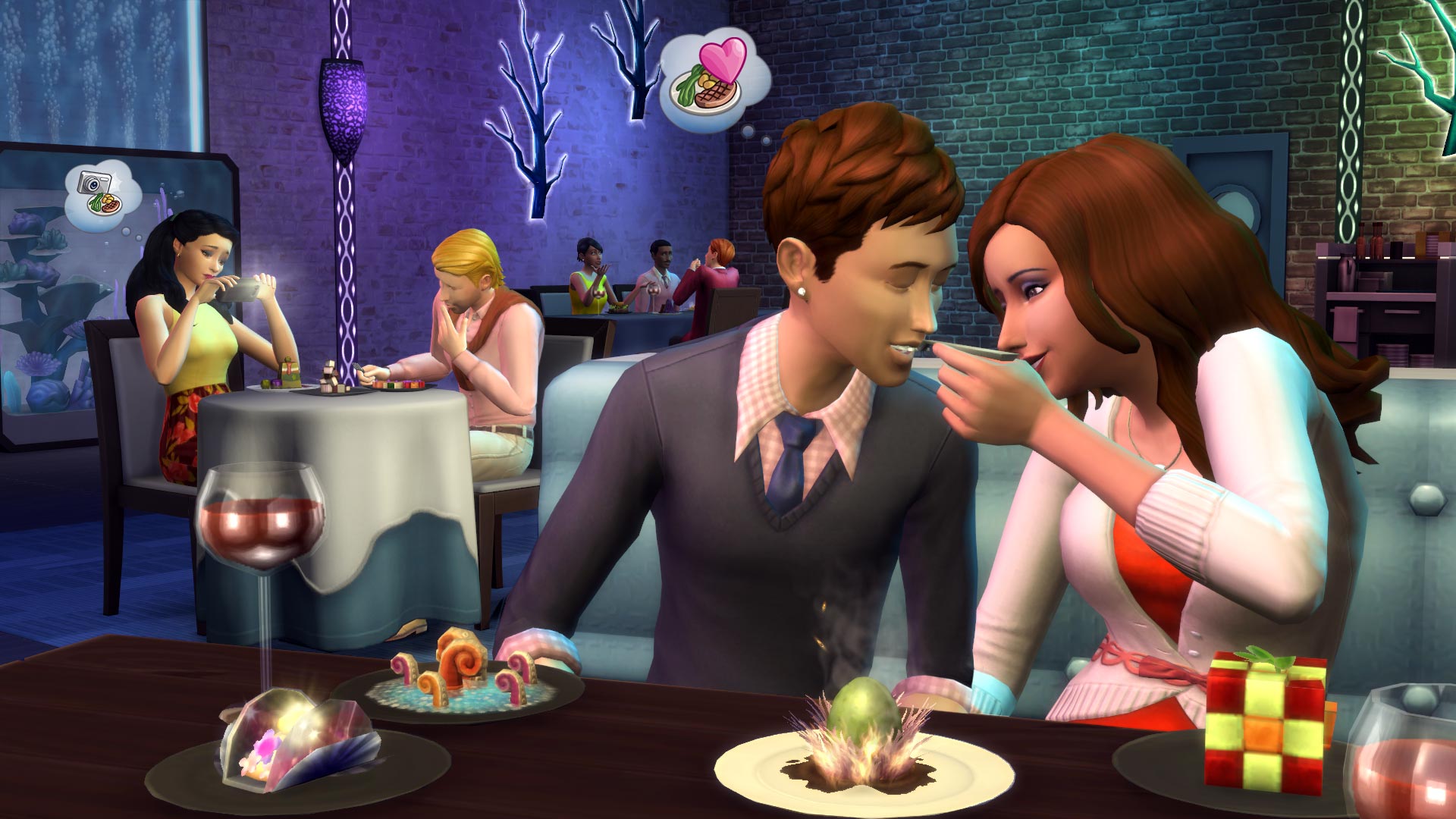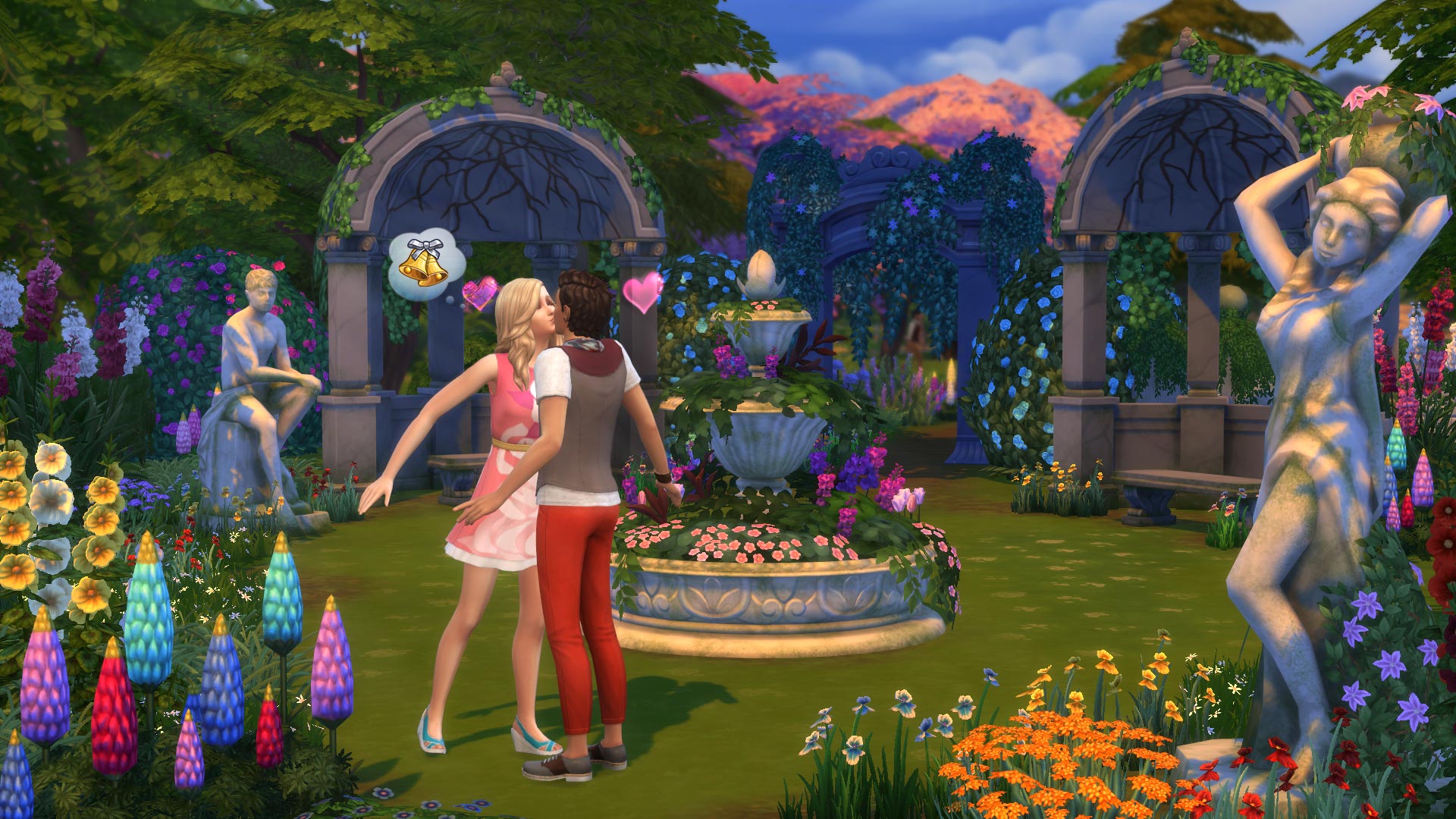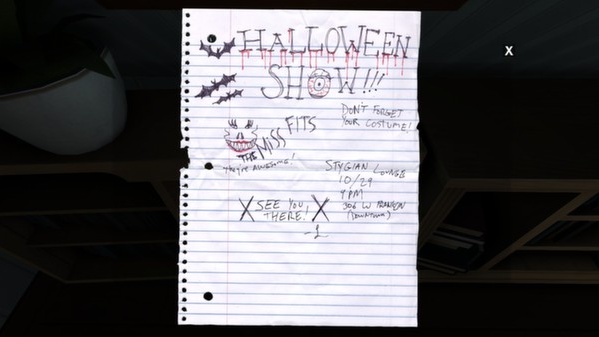Getting romance right is gaming's next achievement to unlock
It's a love story, baby just press X

It’s probably not a stretch to say that most of us don’t turn to video games for their life-affirming, touching and realistic love stories.
That’s not to say there aren’t gamers out there who wouldn’t love to see love stories in their games; at this point I firmly believe that we’re past the point that audiences would be resistant – it’s abundantly clear from the number of games that are out there and the number of different stories that they tell that there’s a thirst for more diverse and creative gaming experiences.
That’s also not to say that games don’t try to tell epic love stories. Sometimes they manage it, too – Guybrush Threepwood and Elaine Marley are sickeningly well-matched and the love story between Johnny and River in To the Moon is one that will stay with you.
Do as I say not as I do
However, there’s a difference between romance being in a video game and a video game doing romance. Though these aforementioned love stories are genuinely great, they’re captured and expressed using the techniques honed by mediums other than games.
And that’s why games are so rarely our go-to for a Richard Curtis experience
One of the greatest narrative advantages of games is that they’re able to balance the active player engagement only they have with the passivity of film and literature through cutscenes and in-game literature. It’s usually in these passive moments where characters are allowed to interact with other characters rather than the player that love stories are progressed.
But this cinematic approach where love interests, protagonists, and their relationship story arc are usually pre-written and running a set course has its own problems when applied to games.
Sign up for breaking news, reviews, opinion, top tech deals, and more.

When there’s only one love interest it’s nigh on impossible to make sure they’re a love interest that’s going to appeal to every single player. As a result there’s little guarantee that the player will actually enjoy pursuing the romance which can really detract from the their sense of agency rather than taking advantage of it.
However, no matter how much a player wants to be told a good love story, involving them in its telling through interactive gaming mechanics very rarely results in a convincing or satisfying experience.
Bad romance
Where most other mediums are only limited by the ability of their creator to capture and express the human experience, games, and by extension their developers, have the added hurdle of mechanics.
The interactivity offered by games is so often hailed as a way to tell more immersive and engaging stories but when it comes to love and romance it’s actually more of a curse than a blessing.
It’s not really hard to see why this is – mechanisms aren’t natural or romantic. It’s extremely hard to strip human relationships down to manipulable numbers and statistics without stripping them of the thing that makes them so appealing.
The concept of romantic love may often be portrayed as an achievement or life objective both within and outside of games, but as an experience romantic love is diverse and fluid and as a result much less easy to definitively identify or universally portray.

That’s the problem games face – not only do they make romantic love a final objective, they mechanize the experience which inevitably makes it feel hollow and incompatible with our emotional sides.
Take The Sims as an example of this. Despite the fact that we can give them distinguishable and fundamentally incompatible traits it’s actually extremely easy to make any of your Sims fall in love with one another.
Love isn't a battlefield...
It’s simply a matter of using the ‘right’ combination of actions and having an incredibly basic level of tact.
‘Chat, chat, chat, joke, joke, compliment, compliment, compliment, hug, hug, flirt, flirt, flirt, kiss, kiss, makeout, woohoo, propose, get married.’ It's as simple as that. Human relationships in The Sims are reduced to an easy to perfect and repeat formula that completely removes any sense of realism.
Of course, there also isn’t really any attempt to make Sims feel like real characters – the player always has to feel like these little puppets are within their control and that extends to their emotional responses.
BioWare games on the other hand try to take an approach that has slightly more depth.
In both Mass Effect and Dragon Age, BioWare gives the player the chance to create a protagonist with some individuality and offers them a selection of distinct and relatively well-rounded romanceable companions.

This approach works to some degree as it gives players a sense of agency in their romantic pursuit. However, a big problem is that this style of romance mechanic essentially necessitates archetypal and cliched characters as well as a reliance on the ‘big’ universal relationship milestones such as first meeting, first kiss, first fight. As a result, the interactions frequently end up bordering on laughable rather than realistic.
The biggest problem with the BioWare approach to romance, though, is that despite adding more individuality to characters than The Sims, it still relies on a similarly manipulable action-to-results based system.
Games mechanics generally are action-to-results based. ‘Do this to make this happen and you’ll be rewarded with this.’ When you transfer that quest-based and achievement-driven approach to romance and relationships, though, it all becomes rather psychopathic. Game characters essentially become vending machines dressed as humans
...but it's also not a chessboard
When every interaction you have with a character is dictated by and geared towards getting something you desire from them (particularly when it’s a sex-focused cutscene) and the object of your affection is essentially your main obstacle in securing that affection the relationship becomes transactionary, hollow and somewhat predatory. And by somewhat I mean very.
It’s especially interesting that games aren’t able to simulate romantic love as their mechanics have been very effectively used to elicit other emotional responses – fear, for example. Perhaps more than any other medium games are able to make us feel fear through their mechanics and interactivity.
This is most likely because fear is a very external and predictable reaction that’s often one-sided whereas love is internal and more subjective. While we may all be afraid of different things, our fear largely stems from similar places.

Love, however, is perhaps the least universal of all universal experiences; when we experience it we experience it in different ways, with different kinds of people and we have different means of expressing it as well as different expectations with regards to its expression. That makes it incredibly difficult for any game developer to write a participatory love story that’s going to satisfy everyone.
There's a reason Machiavelli said it was better to be feared than loved – it's easier.
It's not impossible
That’s not to say game mechanics can’t be used to create positive feelings. There are some games that have successfully used their mechanics to make us feel a strong emotional bond to other characters.
From the Pokemon care mechanic that’s emerged in the more recent titles in the franchise to help us form bonds with our parties, to the Ico hand-holding mechanic that makes us feel care and responsibility for Princess Yorda, game mechanics have repeatedly shown that they can emotionally invest us in stories via interaction.
The closest I think we’ve ever actually gotten to telling a romantic and convincing love story that effectively uses player interaction and game mechanics is probably in Gone Home and, to a lesser extent, Life is Strange.

In Life is Strange though much of the romance is told through cutscenes, it's interesting that player is the romantic target of the character Warren rather than the one seeking romance.
The player is given complete control over whether or not any kind of romance happens and at the same time is given an interesting insight into the annoyance of relentless cloying pursuit approach games like BioWare have us take.
In Gone Home, an even more even balance is struck between the passive telling of a love story that doesn’t directly involve the player and the interactive agency of game mechanics.
The love story that’s told in Gone Home is entirely dependent on the player physically interacting with the game’s environment and being mentally engaged enough to put together the full story from the fragments they uncover.
Not only does this help them retain a sense of agency and increase their engagement in uncovering the story, it allows the writers to forego melodrama and instead tell a story that feels natural and human.
Though this mix of interactivity and passivity is simple, it’s effective and it’s a method we’d be interested to see narratives experiment with more.

Emma Boyle is TechRadar’s ex-Gaming Editor, and is now a content developer and freelance journalist. She has written for magazines and websites including T3, Stuff and The Independent. Emma currently works as a Content Developer in Edinburgh.